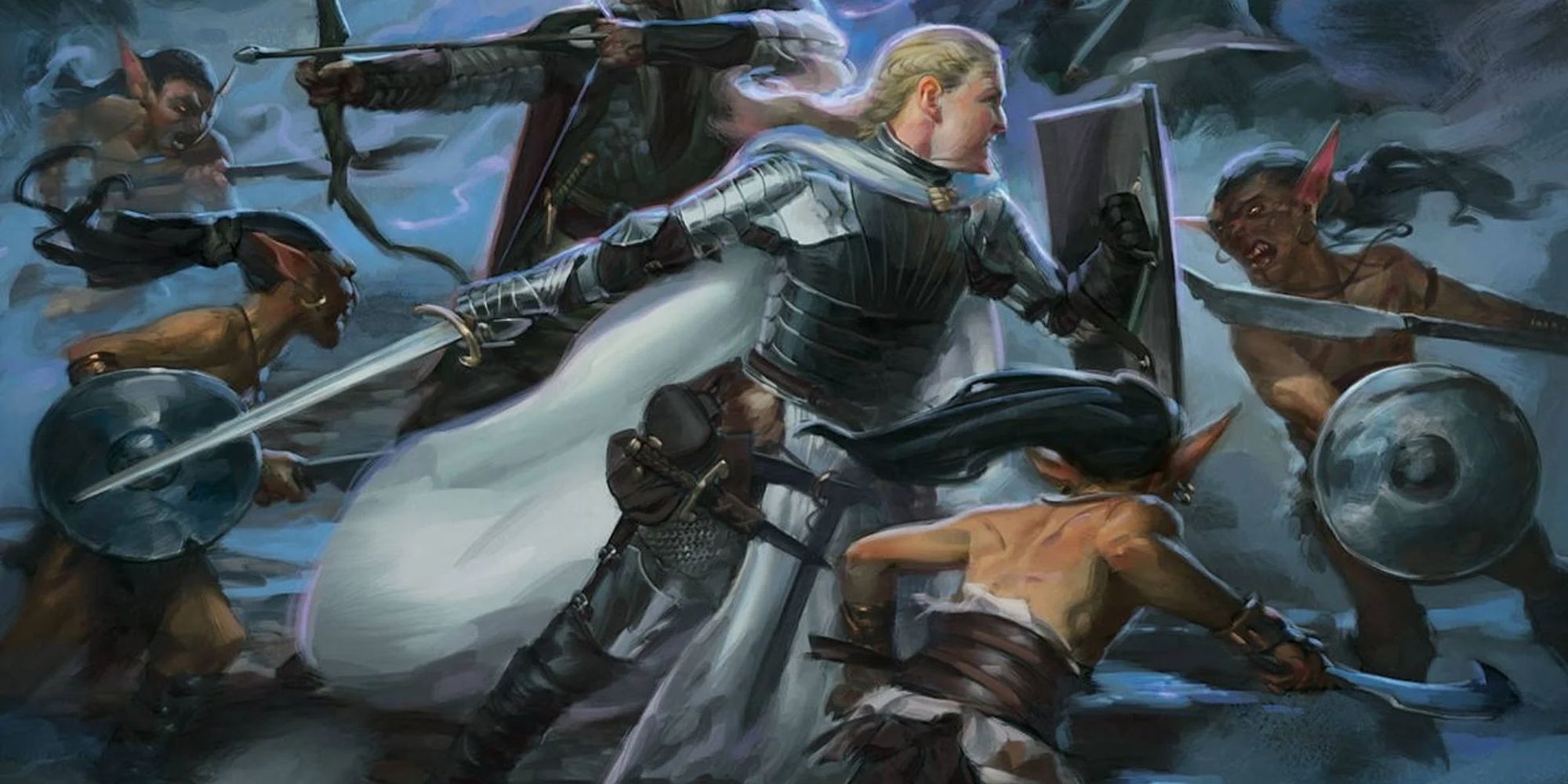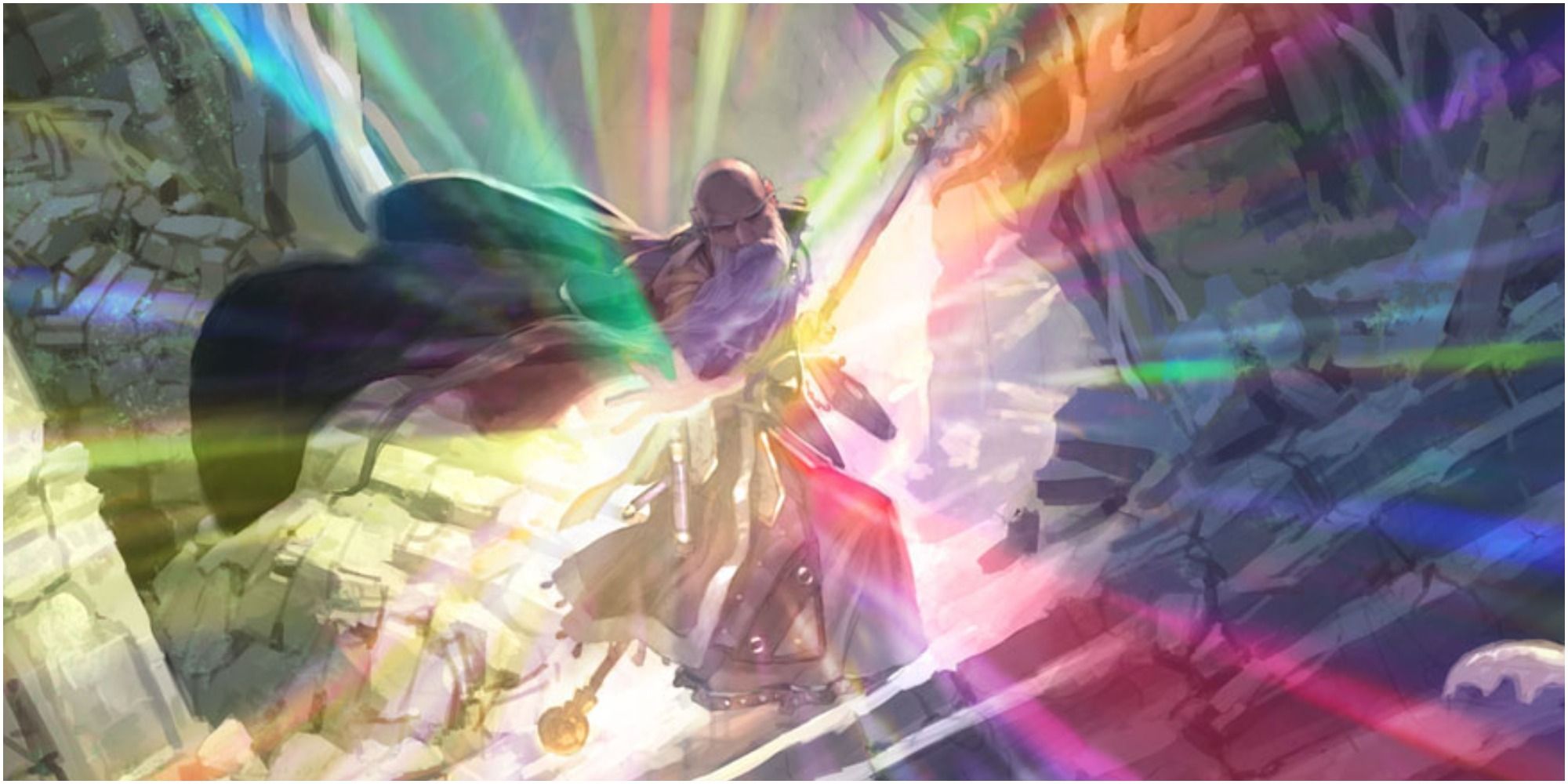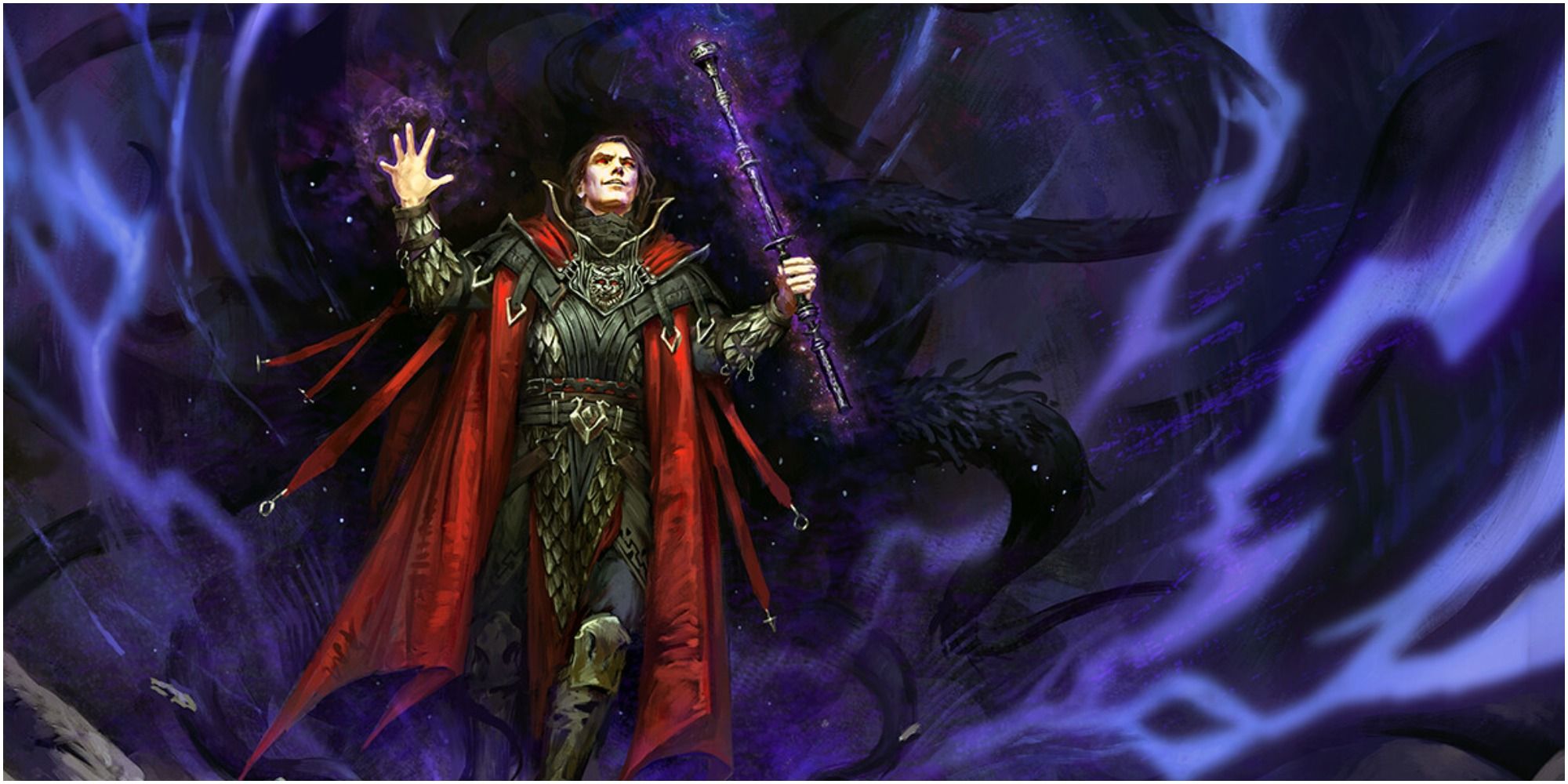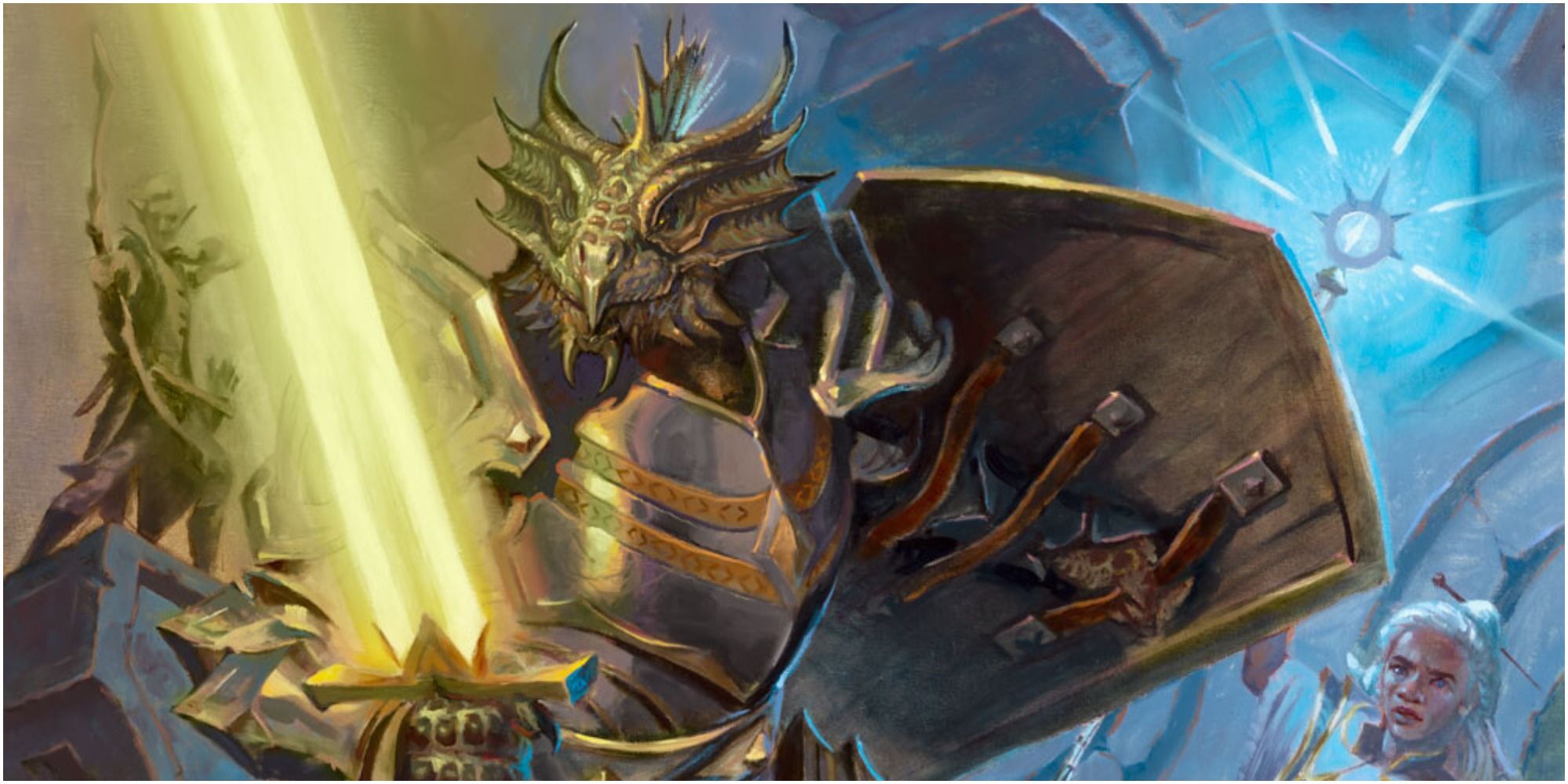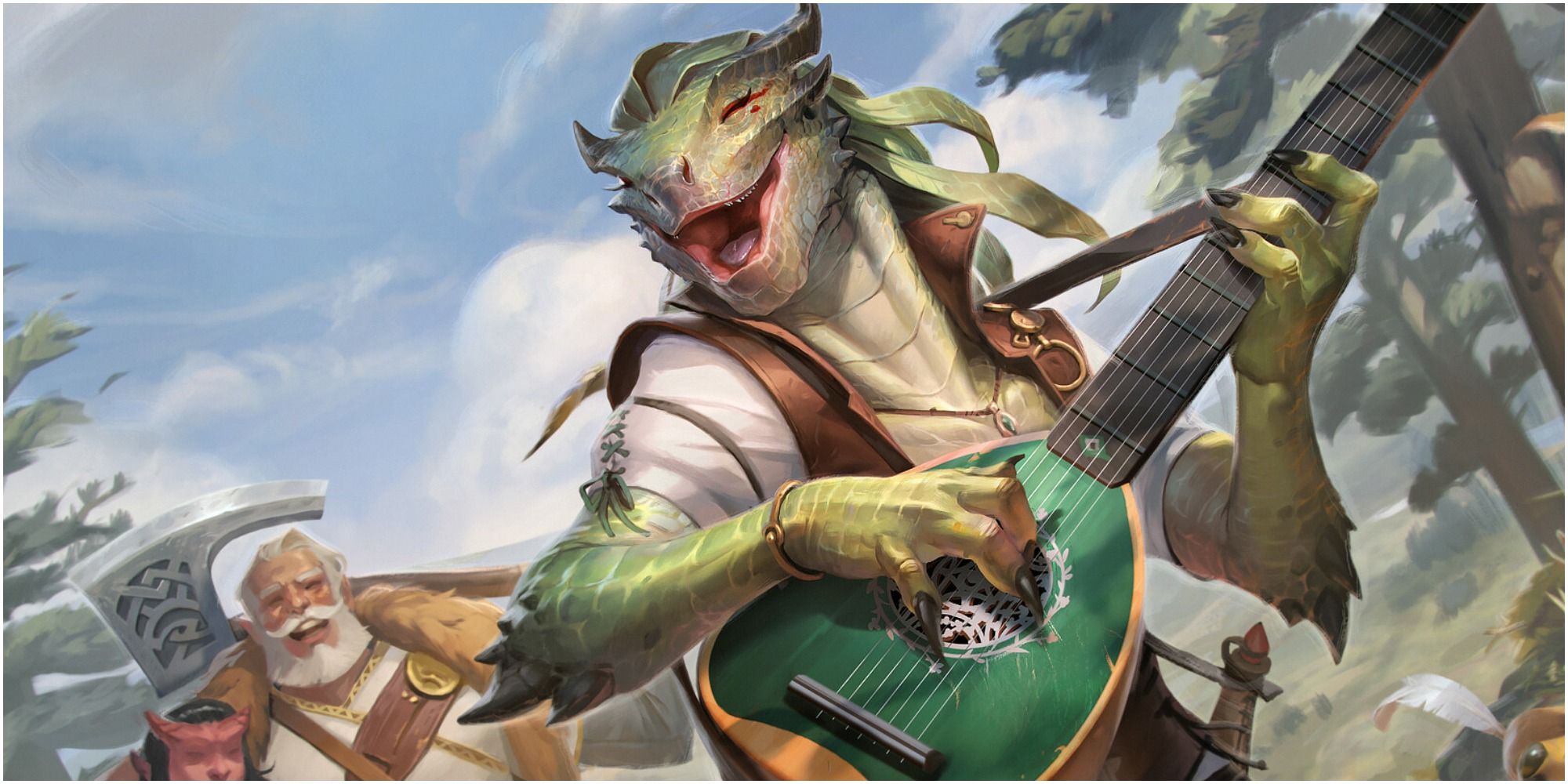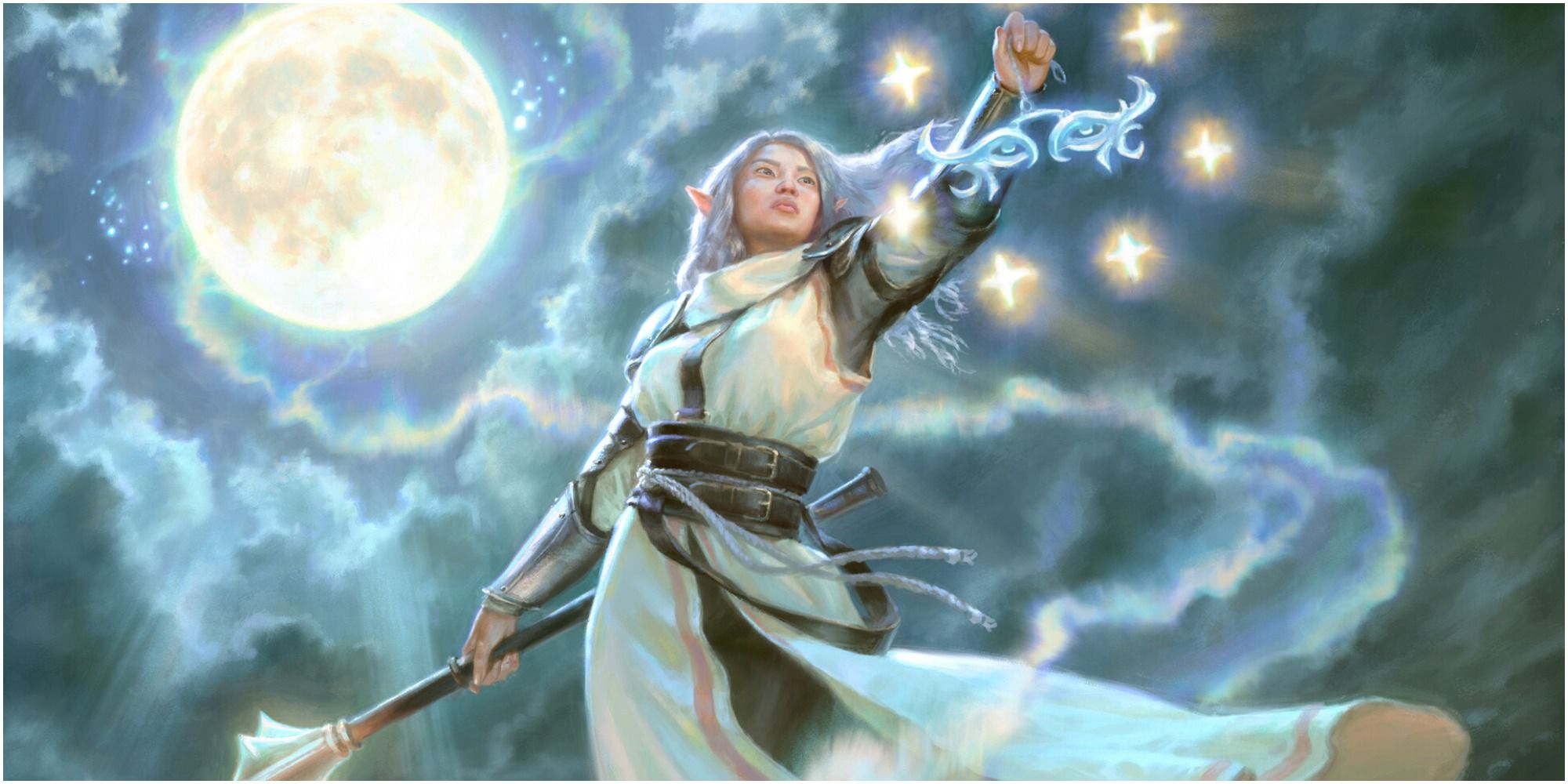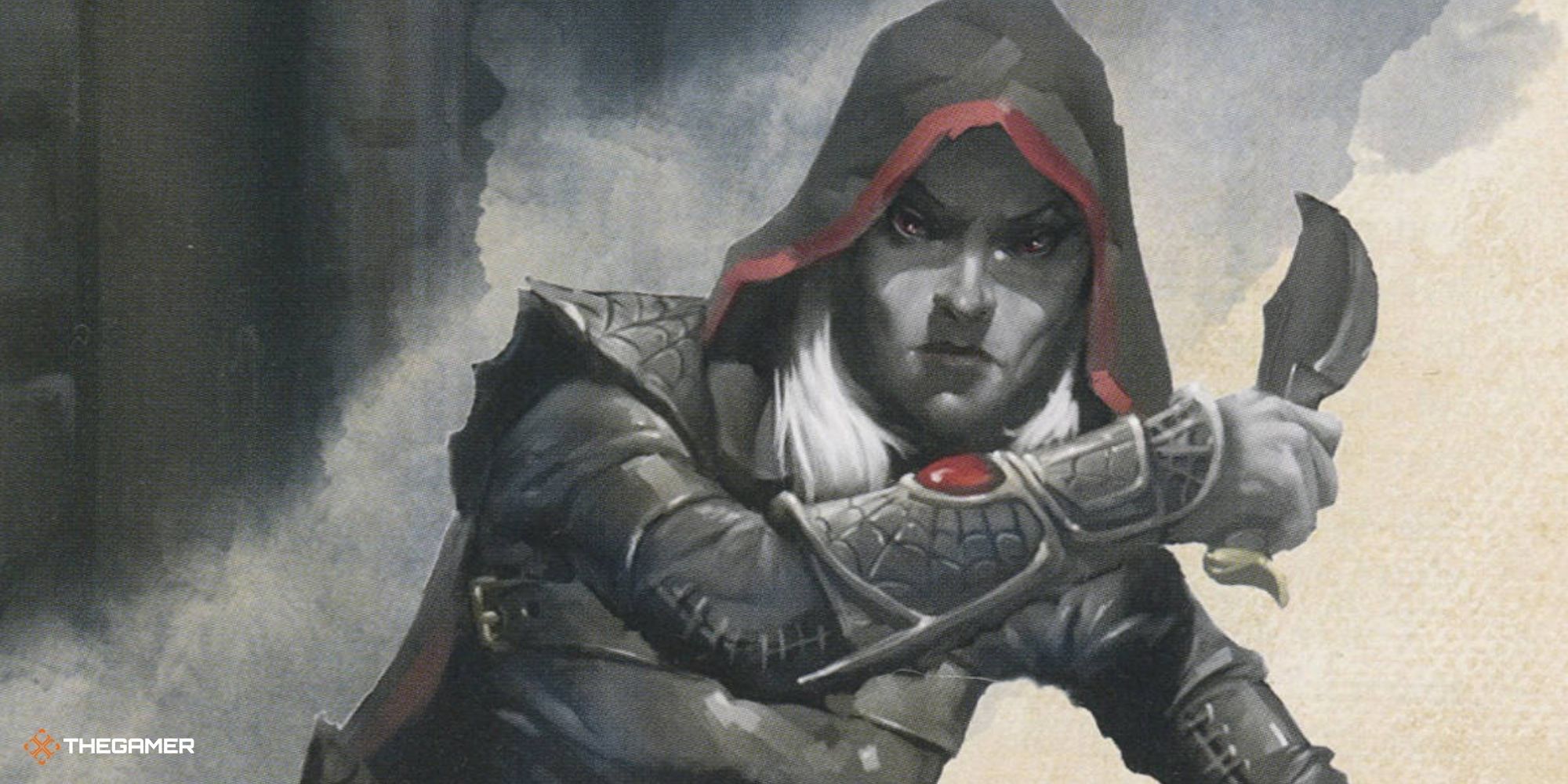Between elements such as classes, subclasses, and races, Dungeons & Dragons provides players with a litany of ways to flesh out one's character to make them unique. Each member of a given adventuring party tends to bring different abilities and utility to the table, with different characters having their own strengths and weaknesses. While each class in D&D is different, when trying to form a well-rounded party, it's recommended to try to have party members that are able to fulfill the game's various party roles.
While far from a requirement when building a character, knowing which roles a player wants their character to excel in can help that player immediately identify how their character can best help a party, especially in more difficult or advanced campaigns. As these roles are quite flexible and capable of being carried out by a variety of classes, subclasses, and builds, we're going to shine a light on the various party roles characters can fill in Dungeons & Dragons.
Before we begin, we should note that it's quite common for a character to hypothetically fit into not just one but many of these roles simultaneously.
Blaster
One of the most offense-oriented roles in a party's composition, a Blaster is a character capable of dealing notable damage to foes through the use of spells. A blaster may deal significant damage to a single foe from afar through the use of something like Eldritch Blast, or help deal with a crowd of enemies through the use of sizable AOE spells like Circle of Death or Fireball.
All casters that are capable of dealing impressive damage from afar through the use of their magic could be considered a Blaster.
The classes most commonly associated with this role are Sorcerers, Warlocks, and Wizards through their access to great offensive spell lists.
Controller
As the name would imply, a Controller is a character adept at controlling a battle through the use of effects that limit the movement of others or forcefully alter their position on a battlefield. A controller will often use spells such as Wall of Ice or the likes of Web to ensure that foes are limited in their movement, making them easier for the party, especially melee combatants, to manage and deal with.
Various types of spellcasters can excel as a party's controller, as several spell lists contain potent control spells.
Classes commonly associated with this role are Bards, Druids, Sorcerers, and Wizards.
Defender
Defenders are those who specialize in preventing other members of their party from being harmed. Defenders are often capable of imposing penalties on foes who would attack a member of the party that isn't the defender themselves. Characters in this role are often able to apply pressure to foes by getting up close and personal and punishing enemies, often through the likes of an Attack of Opportunity.
The Sentinel feat is notably synonymous with this archetype, as it can allow a character of nearly any class to offer the benefits of a Defender or improve an already potent character of this role.
Classes often associated with this role are Artificers, Barbarians, Clerics, Fighters, and Paladins.
Face
The Face of the party is the group's negotiator and the character who excels at handling key diplomatic social scenarios. While not a battlefield role, ensuring that the party has a member who can carry their companions through important conversations is often paramount, especially in campaigns with a significant focus on roleplaying.
Luckily, this role is often quite easy to fill, as playing a character with high a high Charisma score that is proficient in one or two Charisma-related skills such as Persuasion or Deception will allow a character to cover this role with ease.
Classes that tend to excel as a party's Face include Bard, Paladin, Rogues (especially those with a Charisma-based Expertise), Sorcerers, and Warlocks.
Healer/Support
Perhaps the most straightforward and self-explanatory party roles, Healers and Supporters aim to assist their allies and keep them going through the use of helpful and beneficial spells and abilities. While many characters of these roles heal their allies through the use of similar healing magics, various classes can assist their allies in different ways.
For example, while Bards are stellar support characters through their combination of supportive spells and Bardic Inspiration, Paladins make for greater supporters through their combination of Lay on Hands and the various subclass-specific auras.
It should be noted that due to the flexible and multifarious nature of D&D characters, many Healers and Supporters are also impressive damage dealers, meaning a Support character doesn't necessarily need to exclusively be a designated Healer.
The classes most commonly associated with healing and support are Artificers, Bards, Clerics, Druids, and Paladins.
Striker
While many Blasters tend to excel at dealing with crowds of foes, Strikers are those that are able to deal massive sums of damage to a single target in a short amount of time. Strikers are commonly characters capable of taking an especially explosive turn, dealing impressive Burst Damage through the likes of a Rogue's Sneak Attack, a Paladin's Smite, or a Fighter's Action Surge.
Additionally, as spells such as Banishment are capable of effectively taking a single target out of a fight, many spellcasters have options that allow them to function as a Striker, even if these spells don't necessarily deal damage.
With the right builds and setups, nearly any class in the game can function as an effective Striker, though Bards and Druids may struggle to fill this role.

